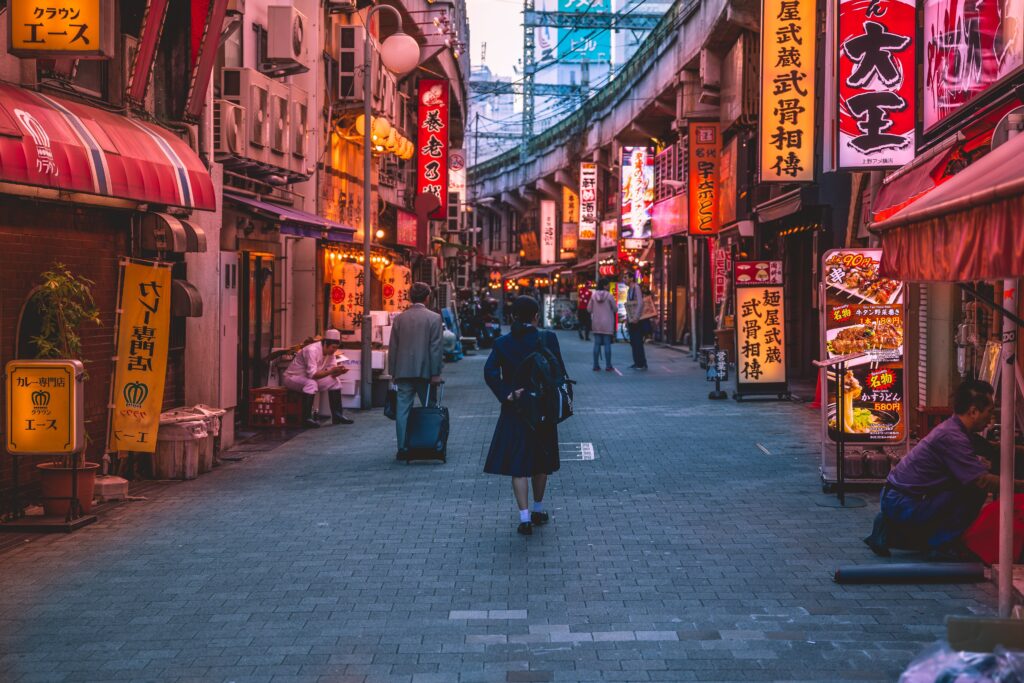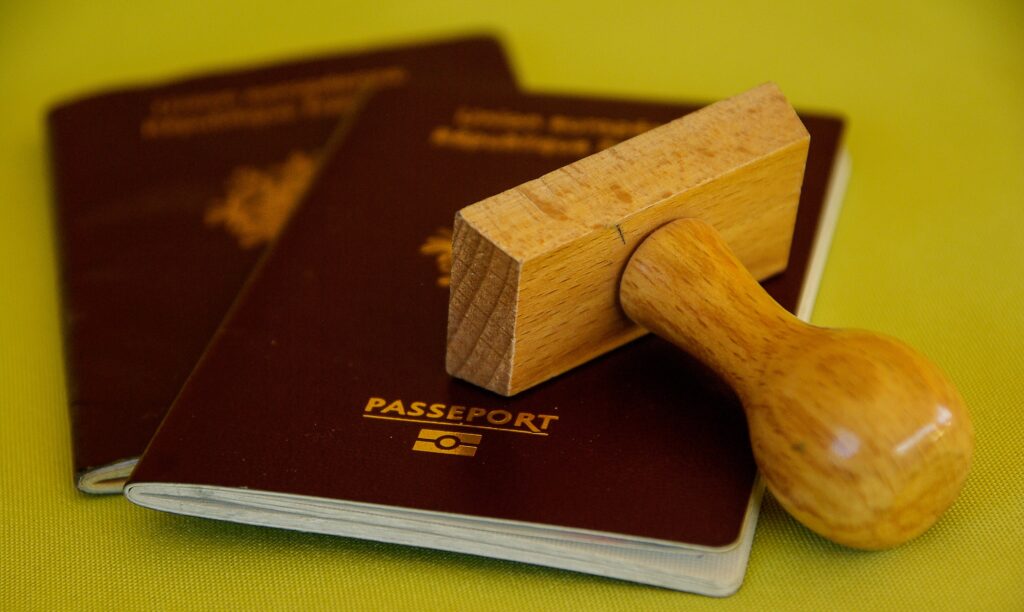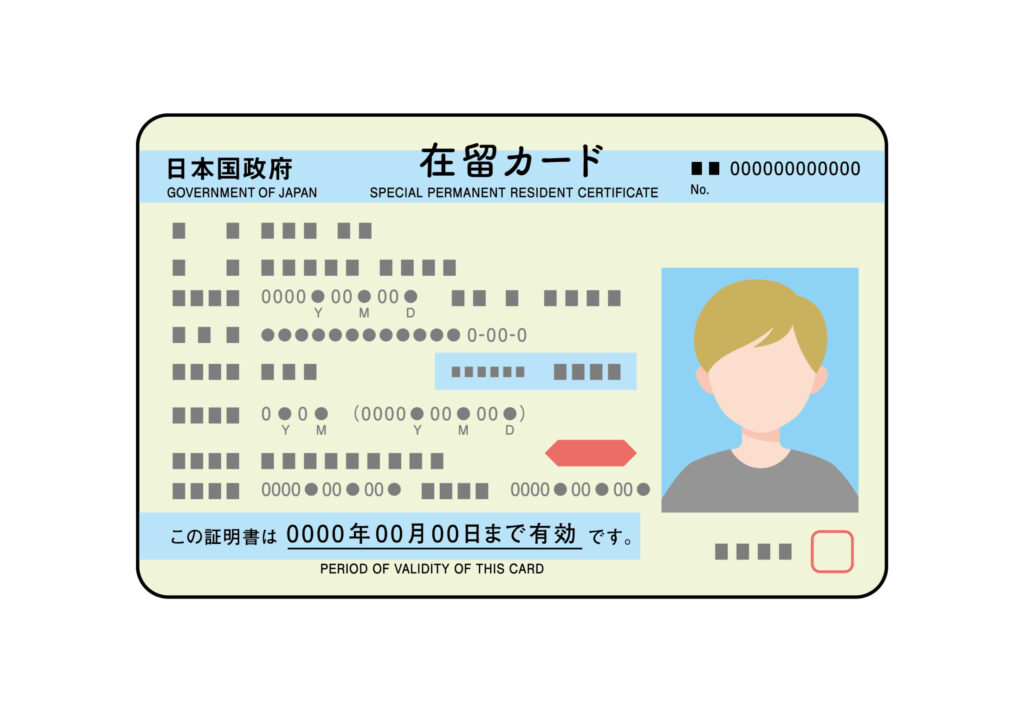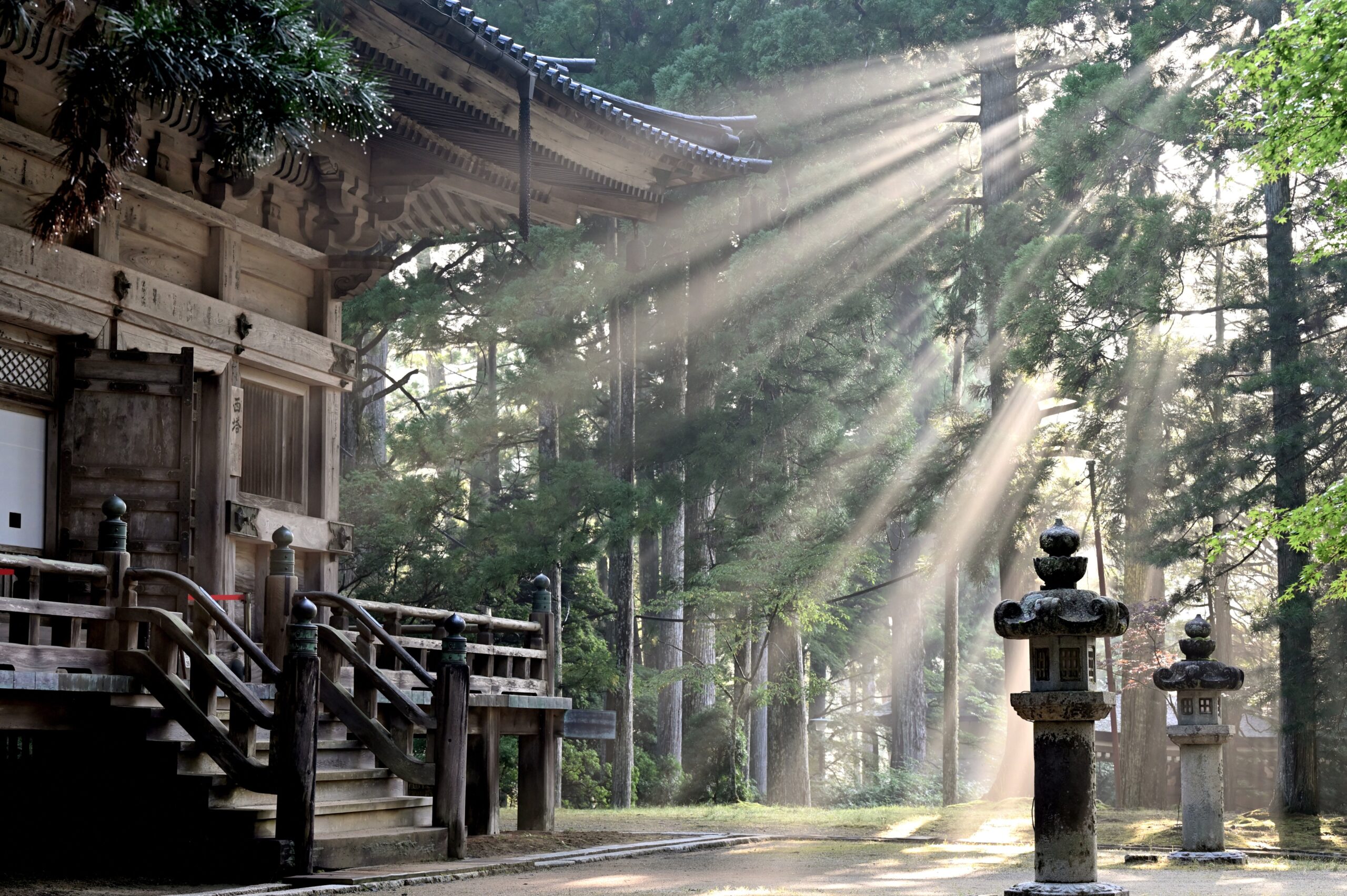About studying in Japan
Charming Japan











Surrounded by the sea, Japan has a unique culture and landscape. It is known around the world for its safe and strong economic system. That is why many international students come to Japan to realize their dreams.
About Japanese study abroad schools

Schools in Japan where international students can attend
In Japan, the university, junior college, or vocational school you want to attend is an educational institution for high school graduates (or those with equivalent or higher academic ability), and each has a set period of study. Content and educational content. Each academic year starts in April, with some exceptions. Therefore, there are many entrance exams aimed at April admission, so you need to be careful about the schedule.
1. University (Graduate School)/Junior College
The average length of study for a university is 4 years, while the average length of study for a vocational school is 2 years (the standard length of study for a graduate school is 2 years for a master’s degree, 5 years for a doctoral degree, and 2 years for a doctoral degree). Schools are divided into national, public (prefectural, municipal, etc.), and private, but the majority are private. Currently, about half of high school graduates in Japan go on to university or junior college. As of May 1, 2012, there are 137,756 international students on campus, including 69,274 undergraduate students, 39,641 graduate students, and 1,603 junior college students.
University (Graduate School) Features
Four-year universities are composed of faculties of humanities (such as liberal arts, foreign languages, etc.), social sciences (such as law, economics, business administration, etc.), and undergraduate schools. Universities are divided into faculties of science, engineering, agriculture, etc., while faculties are divided into faculties of literature, law, literature, economics, etc.). Graduate schools award degrees such as master’s, doctoral, and professional degrees depending on the system and major. Usually, students can graduate from university by acquiring 124 or more credits in four years, and upon graduation, they are awarded a “bachelor’s” degree.
Characteristics of Junior Colleges
Junior colleges are not made up of faculties, but of departments in the following areas: Humanities (Japanese Literature, English, etc.), Social Sciences (Business, Secretarial Studies, etc.), Humanities (Liberal Arts, International Culture, etc.), Industrial (Automotive, etc.), Medicine (Nursing, Clinical Engineering, etc.), Education (Early Childhood Education, Child Welfare, etc.), Home Economics (Food and Nutrition, Clothing Design, etc.), Art (Artist, Design, etc. Department, etc.), etc.
A minimum of 62 credits (93 credits for a three-year program) is required to graduate.
Upon graduation, students are awarded a Master’s degree.
2. Vocational School
Technical colleges are positioned as higher education institutions that provide “vocational education” approved by the prefectural governor. As of May 1, 2012, the number of international students studying at technical colleges is 25,167. In Japan, the number of students entering technical colleges exceeds the number of students entering junior colleges, and technical colleges have established a solid position in society.
Characteristics of vocational schools
Vocational schools aim to “develop vocational skills that will be immediately useful in society,” and provide education that is integrated with vocational education, where students learn the knowledge and skills necessary to work. Depending on the content of their studies, the educational field is divided into eight fields: industrial, practical, medical, health, culture, and education, education and welfare, clothing and housework, and agriculture. Departments are established within each system. (See Table 1). The educational content also incorporates a lot of practical training and focuses on practical problems. Because vocational schools have these characteristics, you need to set more specific future goals (careers) than if you were to go to a university or junior college. Which school to choose depends on what you want to do and what skills you want to acquire. If you complete the required course, such as two or more years of study and a total of more than 1,700 hours of classes, you will be given the title of “expert” and can transfer to the third year of university (or the second year in some cases). In addition, in the four-year program, students who complete a program that requires four years or more of study and a total of 3,400 hours or more of class time will be awarded the title of “Advanced Specialist” and become eligible for admission.
3.Japanese Language School
A Japanese language school is a facility that provides Japanese language education primarily to foreign nationals whose mother tongue is not Japanese, and to Japanese nationals who have never been in an environment where they can use Japanese. Unlike regular schools, they do not cover subjects such as mathematics or science. The sole purpose of these schools is to help students master the Japanese language, and they provide education that will help them grow and become able to use Japanese in their daily lives.
There are many ways to improve yourself in Japan, but the costs vary depending on the type of school.
How much does it cost to study in Japan?

(There are three types of schools in Japan where you can study abroad: Japanese language schools, vocational schools, and universities. The units of these three schools are different.)
1、Tuition fees for various schools in Japan
Japanese Language School:
When you arrive in Japan, you will first go to a language school. This is an important time not only to learn Japanese, but also to get used to life in Japan. Tuition for a language school is about 700,000 to 900,000 yen per year. It is expected to last for several months, up to 2 years.
Vocational School:
Vocational schools are designed to help students get a job quickly and take two years to graduate. Tuition fees are roughly the same as for language schools, at around 700,000 to 900,000 yen per year.
University:
Japanese universities are divided into three categories: national universities, public universities, and private universities. Annual tuition fees are set at 53.58 W yen for national and public universities, and are expected to be around 1 million yen for private universities (excluding medical and arts).
2、Living expenses required to study in Japan
rent:
Accommodation costs vary the most in Japan. Currently, the most expensive are in the core areas of Tokyo. If the university is in a remote county or city in Japan, accommodation costs may be less than half of Tokyo. Therefore, a reasonable range for individual rent is 3 to 8 W yen.
Transportation costs:
Unless you live in an on-campus dormitory, most students will need to take the tram or bus to get to classes. If your school is a corporation, you can get a discounted monthly tram pass. The cost of a pass varies depending on the distance from your school, but it is generally around 5,000 to 10,000 yen per month.
Insurance premiums:
Health insurance premiums are affected by your income, but if your income is low at the beginning of your study abroad, your monthly health insurance premiums will be around 1,500 yen.
Mobile phone charges:
Taking Rakuten Mobile as an example, the minimum 1GB plan costs 1,078 yen, and the unlimited plan costs 2,980 yen.
Food expenses:
If you eat out in Japan, a bento box from a convenience store or supermarket will cost around 500 to 1,000 yen, while a business lunch at a restaurant or cafe will cost around 1,000 yen.
Leisure expenses:
Staying in your room and reading books while studying abroad is boring. But you still need entertainment. A movie ticket that normally costs 1,900 yen is discounted to 1,500 yen on Wednesday Ladies’ Day with a student discount, making it 1,200 yen. When buying clothes, take advantage of the seasonal discounts in January and July. You can also get cashback if you use electronic wallets such as PAYPAY or LINEPAY, and there are many free museums and art galleries, so you can enjoy the fun of Japan even if you just walk on two feet.
Part-time job income:
The working hours of international students in Japan are relatively relaxed compared to other countries. If you have “permission to engage in activities other than those permitted under the status of residence permitted,” you can work up to 28 hours a week (up to 8 hours a day) in full-time work, and up to 40 hours during winter and summer holidays. The average hourly wage in Tokyo is 1,215 yen, and the monthly salary is about 130,000 yen, which is enough to cover housing and living expenses.
So how much does it cost to study in Japan for one year? In reality, it varies greatly depending on the purpose of your study abroad and the type of stay, so it is difficult to define it in numerical terms. If your total monthly living expenses are about 120,000 yen, your annual living expenses will be about 1.4 million yen. If you have a part-time job income, it is likely to be the same amount as your monthly living expenses, so you will only need to pay tuition fees. By studying abroad in a relatively inexpensive place, you can work part-time to pay back your tuition fees and pay your living expenses. It is especially important to find a lifestyle that suits you.
So, are you ready to study abroad in Japan? Let us introduce you to the ways to do so.
How to Study in Japan

The application process for studying in Japan mainly consists of the following steps:
1、Please prepare the necessary documents such as the application form, resume, original copy of highest educational background, Japanese language learning certificate, and photo.
2、Application for Certificate of Eligibility/Application for Admission: Submit application documents to the recruiting school. After the school has confirmed it, submit the documents to the Japanese Immigration Bureau to apply for a Certificate of Eligibility.
3、Application period and document preparation: The Japanese admission season mainly takes place between April and October every year. Usually, the application process should start more than six months in advance. Documents that need to be submitted include the original copy of your highest academic record, proof of Japanese language study experience, photos, etc.
4、Travel to Japan and enrollment: After obtaining a Certificate of Eligibility and admission, you will need to apply for a foreign passport and a Japanese entry visa, purchase a plane ticket, and travel to Japan to enroll.
5、Language requirements and proof of financial capacity: Applicants must have a certain level of Japanese language proficiency, usually a minimum of 150 hours of Japanese language study experience, and must provide proof of financial capacity, such as a bank deposit certificate.
Choose the right agent and services: Choosing an agent with good attitude and good after-sales service will help you deal with various issues during the application process.
Throughout the application process, applicants should prepare well in advance and ensure that all materials are complete and meet the requirements to avoid delays in the application process.
Student Visas Available to Students

A student visa is a visa for foreigners who wish to receive education at a Japanese educational institution (university, vocational school, Japanese language school, etc.).
Educational institutions that can obtain a student visa include elementary schools, junior high schools, high schools, graduate schools, universities, junior colleges, vocational schools, and Japanese language schools.

I hope you find your favorite school and study abroad in Japan!

